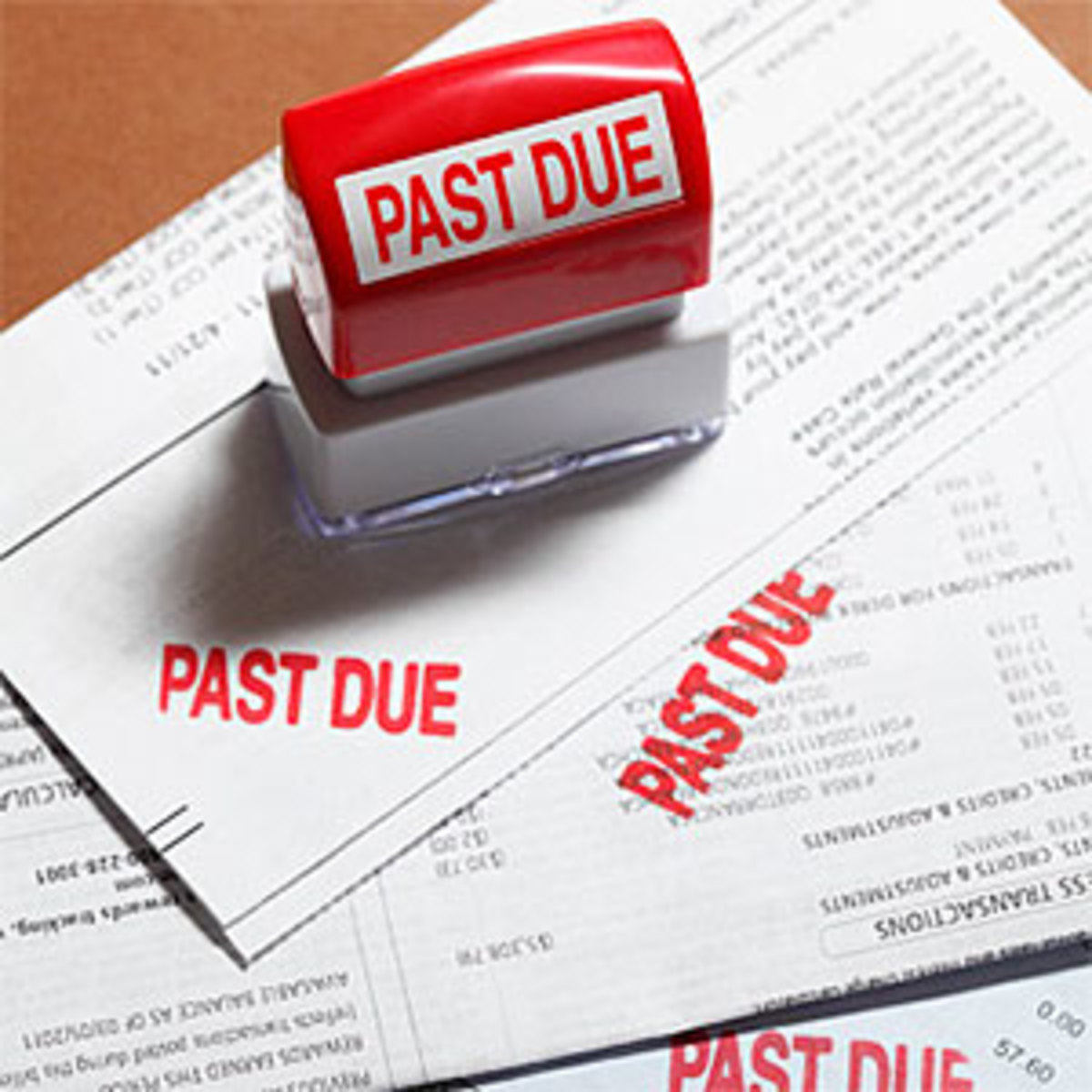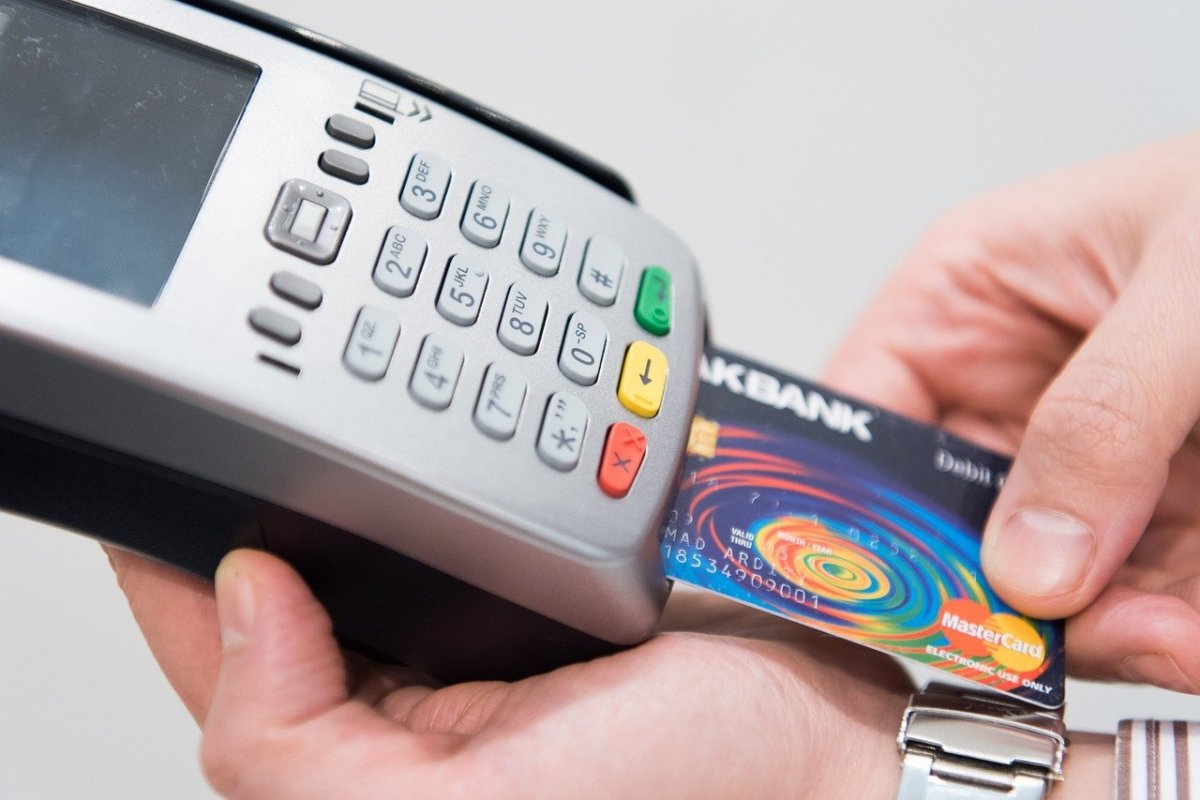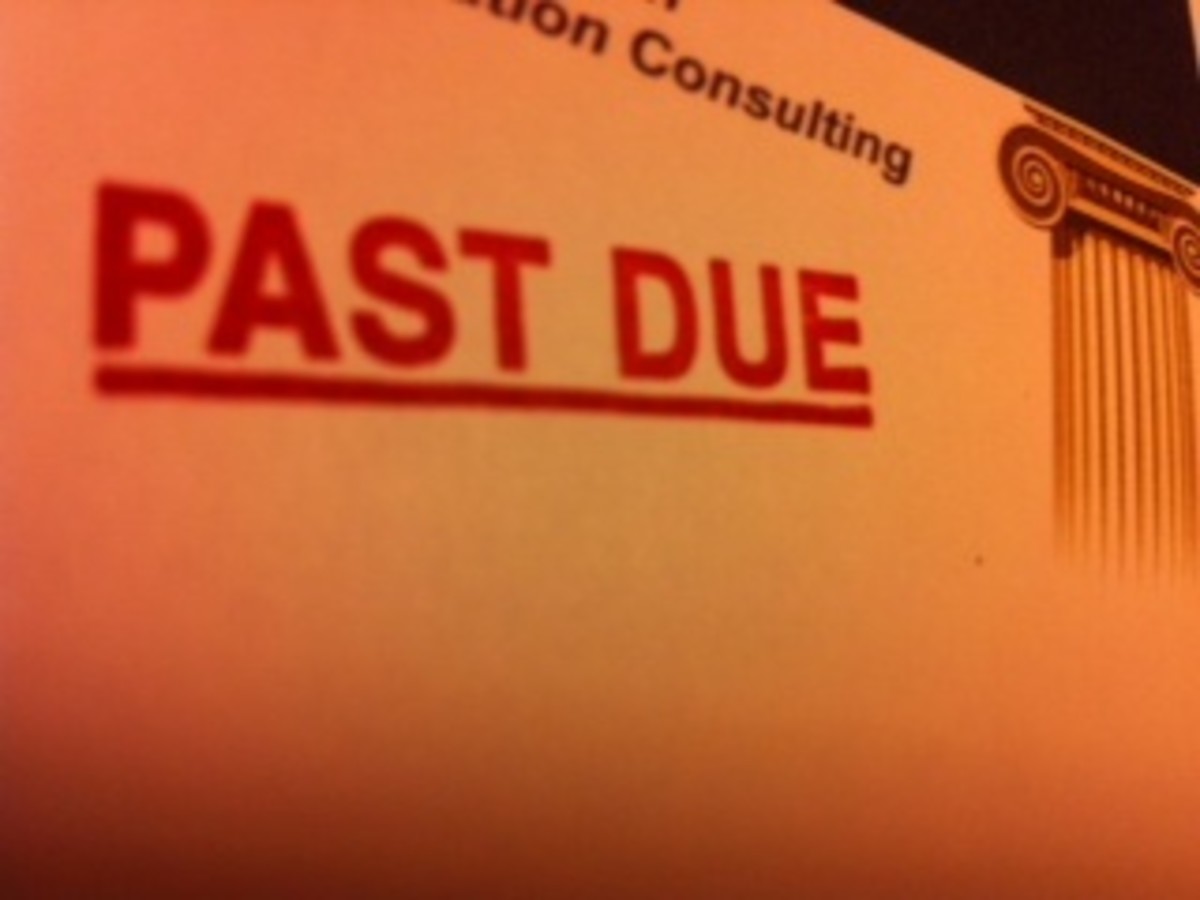Can You Rent if you Filed Bankruptcy?: Leasing After Financial Troubles
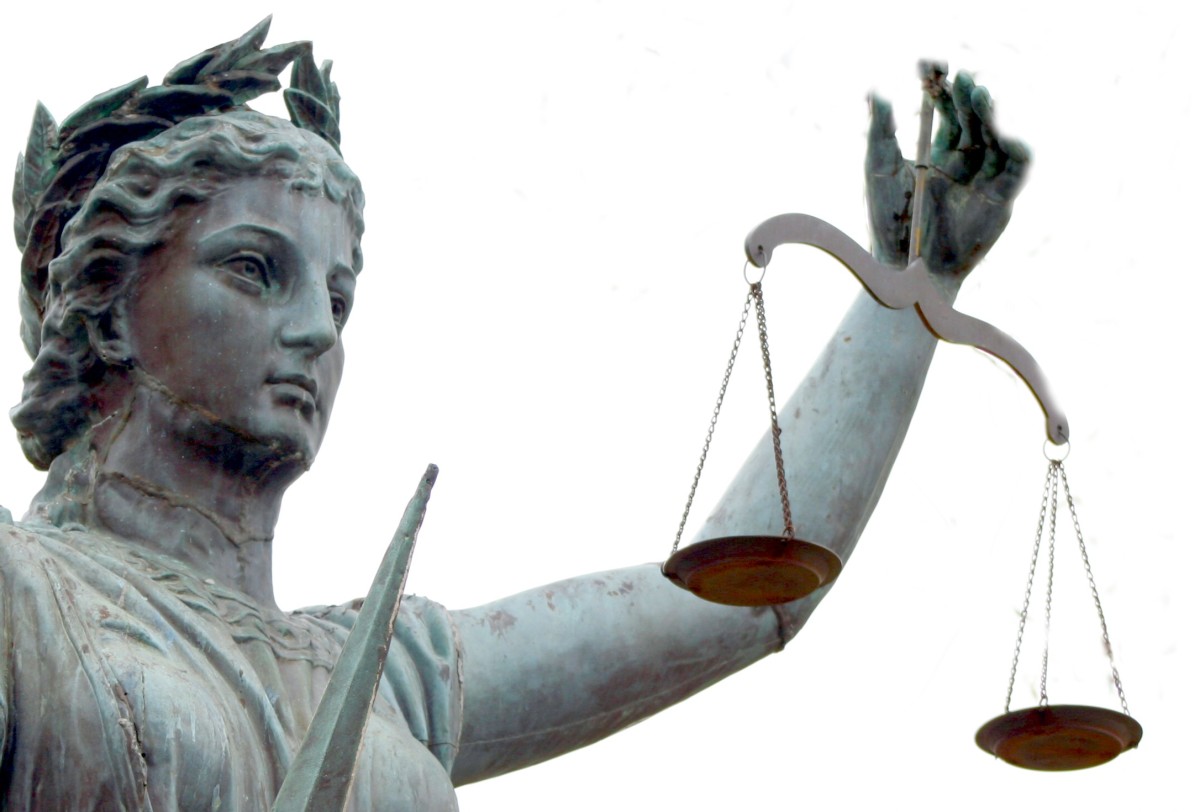
Filing personal bankruptcy can have serious implications for both your credit score and your ability to rent a house or an apartment. In many cases, however, a bankruptcy filing will not stop you from renting. While a bankruptcy may raise potential red flags for your prospective landlord or management company, it is possible to overcome this logistic hurdle and rent property.
Income and Employment History
While a decade-old bankruptcy will likely have little effect on your ability to rent, recent discharges or those currently in bankruptcy court are likely to raise red flags about your ability to manage finances. Fortunately, your current level of disposable income and your history of employment are also two important factors that landlords will likely consider when deciding whether to rent to you. If you have a stable work history, sufficient income to pay your rent and are able to show proof of stable, long-term income, your bankruptcy may not be a barrier to renting.
Before you attempt to rent after a bankruptcy, it may be useful to compile the following documents:
- Detailed work history, listing your pay in each position
- Past income tax returns
- Pay stubs for the past six months
- Outline of your current expenses/debts
- Copy of your bankruptcy documents
- Past leasing history
- Financial references (for example, banks and past landlords)
Credit Score
Some landlords or property management agencies may require tenants to have a certain credit score in able to rent. If your debts have not been discharged and you still have outstanding accounts in collections, prospective landlords may count this against you when considering whether you are a suitable renter. Likewise, even after having your debts discharged, your bankruptcy will continue to remain on your credit report. Even without outstanding debts, some management companies and landlords may deny you a lease based on your credit score.
In some cases, you may be able to overcome the issue of a poor credit score by paying a security deposit plus the first and last month’s rent up front. Likewise, automatic debits for your rent payments may give prospective landlords a sense of security.

Rental History
Like your income history, your history of renting can also affect your ability to rent. If you have a history of paying rent or making mortgage payments on time, your prospective landlord will likely take this into consideration when deciding if you would make a suitable tenant. Ultimately, most landlords care more about whether you can make monthly payments than whether you got over your head in credit card debt in the past. Establishing that you have been a good tenant by showing copies of past leasing and providing contact information from past landlords can be particularly helpful in establishing a good rental history. If you have had a foreclosure or eviction in addition to your bankruptcy, this may affect your ability to rent, however. That said, it will not necessarily preclude you from renting, particularly if your foreclosure or eviction was over ten years in the past or stemmed from unusual circumstances such a serious illness that precluded you from working.
Legal Advice: Bankruptcy and Leasing
Co-Signer
If you cannot produce proof of income or if your prospective landlord has concerns about your bankruptcy affecting your ability to pay rent, he may ask you to find a co-signer for your lease. In such situations, the landlord would consider your co-signer’s credit history and income when making a leasing decision. While some co-signers may be reluctant, both of you should keep in mind that the co-signer would only be responsible for your rental payments should you be unable to make your rent payments on time. Thus, if you are considering a co-signer, make sure that you are choosing a property that you are certain you can afford.
If you are uncertain that you will be able to make regular rent payments even with a co-signer, finding a roommate or month-to-month house-sharing situation may be more practical and ensure that you do not put anyone (including yourself) in a financial bind. In all situations, it is important to be honest with prospective roommates, landlords, and co-signers about your financial situation.
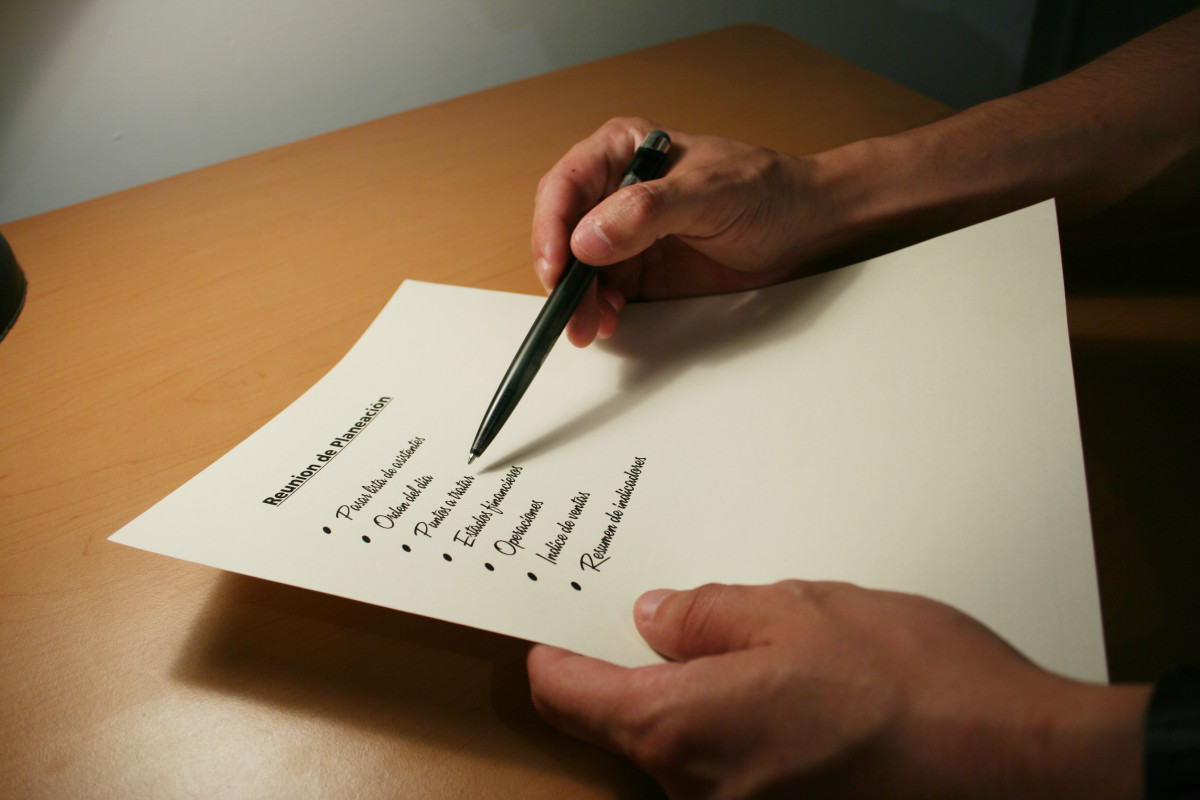
Statement of Circumstances
Just because you filed bankruptcy does not mean that you are irresponsible with your money or unable to manage your finances in the future. Indeed, many bankruptcy filers are forced to enter into situations because of circumstances largely out of their control. If you experienced any mitigating circumstances that led to your bankruptcy, it may be helpful to describe them in a letter to prospective landlords. For example, if you experienced any of the following, it may mitigate the negative effects of a bankruptcy:
- Divorce
- Job loss/unexpected lay-off
- Serious illness, accident, or disability
- Death of a spouse on whom you were a financial dependent
- A child's serious illness that required you to change your work situation
- Identity theft/victim in financial crime
Establishing Sufficient Income
Some landlords, particularly those unaffiliated with a management company, may be flexible in looking at your income sources when determining your suitability to rent after a bankruptcy. Thus, when you present your financial case, make sure that you list all sources of income, including:
- Regular wages from work
- Disability or retirement income
- Spousal support
- Child support
- Money from legal settlements
- Severance pay
- Money from freelance work/odd jobs
- Regular financial help from family members
- Financial aid, if you are a student
- TANF or other government-funded financial support for families
- Income of other family members, including teenage children with part-time jobs who will assist you with your bills or children who receive Social Security death benefits or disability payments
You may need to outline all of your current debts, so consider the following when determine how much money you have to allocate to rent payments:
- Child support payments
- Alimony payments
- Outstanding payments to creditors (for Chapter 13 bankruptcy filers)
- Auto payments/transportation costs
- Child care costs
- Personal debts that you repay monthly, including personal loans
- Student loan payments
- Utility payments, if they are not included in rent, including cell phone bills
- Unreimbursed work-related expenses
- Tuition costs, if you are a student
Bankruptcy: How common is it?
Have you ever filed for bankruptcy?
More on Renting and Bankruptcy
- All Locations - Can You Rent An Apartment After Filing Bankruptcy - Real Estate Advice - Trulia Voic
Find real estate advice about Can You Rent An Apartment After Filing Bankruptcy on Trulia Voices. - How to Rent an Apartment After Filing Bankruptcy | Home Guides | SF Gate
A bankruptcy filing could impair your ability to rent an apartment. Your bankruptcy filing may have eliminated your debt or created a payment plan that helped ease a financial hardship. But if you ... - What Happens to Leases and Contracts in Chapter 7 Bankruptcy? | Nolo.com
In Chapter 7 bankruptcy, the trustee can assume or terminate unexpired leases or executory contracts. Learn more.
Bankruptcy Basics
- Filing For Personal Bankruptcy Protection in a U.S. Court
An introduction to filing for personal bankruptcy, including a description of the types of bankruptcy available to individual filers and the basics of finding legal representation. - http://www.justice.gov/ust/eo/bapcpa/ccde/docs/FTC_Consumer_AlertCC.pdf
Information to consider before filing for bankruptcy, produced in cooperation with the Department of Justice's U.S. Trustee Program - Bankruptcy
A brief overview of the structure and function of bankruptcy courts. - Filing for Bankruptcy: What to Know | Consumer Information
Consumer information on filing personal bankruptcy, from the United States Federal Trade Commission.


